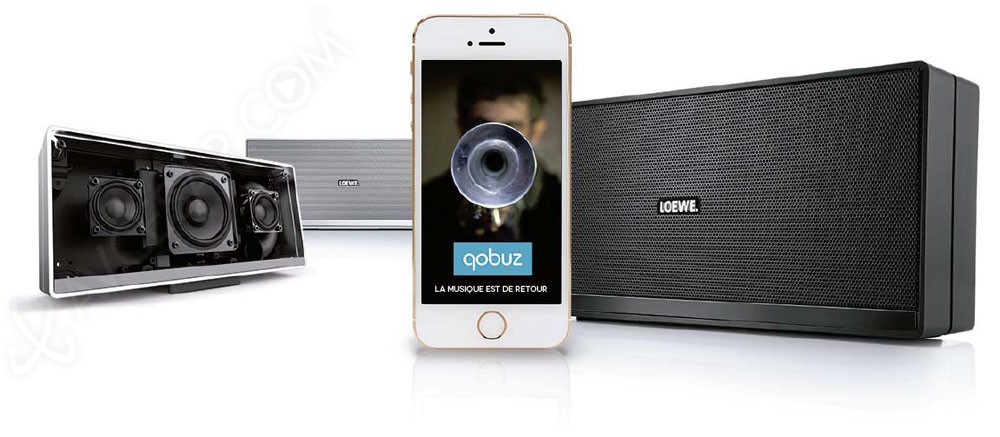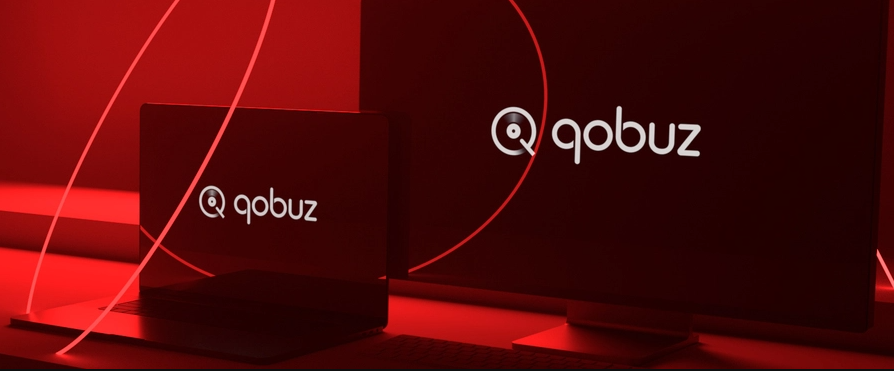
some files are available at 24/96 when they are not available at the same bitrate anywhere. Some files are made available by the publishers with the original bitrate of the latest known remaster (sometimes with the watermarking included), in other cases the publishers have resampled the files, and sometimes it seems that Qobuz have resampled the files themselves (e.g. The overall quality of the high resolution masters varies considerably from one title to another, and there is simply no "tracking" of the original source of the files made available. In my experience, Qobuz has superior sound quality in many cases, in particular in classical / baroque / opera, as the files have not been "normalized" or boosted for more customer impact, which I think Tidal does in some cases (so in practice sometimes Tidal sounds 'louder', but not better) Smooth integration with Audirvana puts Qobuz on par with Tidal, and it makes it very easy to use with a Kef LS50W system for example, but it really shines in USB or LAN connection, so a sound comparison between Qobuz and Tidal should probably use exactly the same chain of software, cables, speakers, etc. Qobuz has a much poorer customer support than Tidal, and this can be very frustrating for customers, but it allows for a lot more technical tweaks for the more technology-oriented users For anyone interested in classical music at all, there is simply no equivalent, and the cost of €20 for Hifi (CD quality) or €25 for Sublime (CD+Hi-Res) is a steal if you think about it. Having used Qobuz and Tidal for several years (4 and 2 years respectively), I can say that classical music is almost absent from Tidal, whereas Qobuz can really offer a wealth of versions from all major publishers, so exploring a composer or an opus in Qobuz is a real treat for the music lover, student, or musician. On the (very) positive side - As far as depth of catalogue goes, Qobuz has (by far) the best classical and jazz catalogue. In addition, some titles "disappear" of the main library for no particular reason, and sometimes they re-"appear" in the library, so maintaining a collection of playlists can be challenging sometimes.

Qobuz tends to keep several variations and successive remasters of the same titles, which makes very cumbersome and annoying for the subscribers. Qobuz is a much more "messy" than Tidal, e.g. In practice, the titles released in high resolution are those published by the main music publishers, and they should be roughly be the same for Qobuz and Tidal (or other services, obviously).

Those BNF titles have been digitized in a a rushed studio, and they sound terrible, even compared to vinyl rips published on Youtube. Qobuz has a terrible quality control, and many of the so-called "masters" that are on the service are actually poor quality digital captures published by the french national library (BNF), from when it had its entire vinyl library digitized by a Belgian company about 5 or 6 years ago. However, in Hong Kong, the prices have remained unchanged at HK$48 and HK$72 respectively, making it an affordable option for users in that region.A few comments regarding Qobuz from a hifi perspective: The monthly subscription cost for the HiFi plan has risen from $10 to $11, with the family plan increasing from $15 to $17 per month.


In less positive news for Tidal HiFi plan users, the platform has officially increased its overseas pricing by 10%.
Qobuz 3 month trial 2022 plus#
Tidal’s HiFi Plus subscribers, who pay $20 per month, can now enjoy other format options such as Sony 360RA and Dolby Atmos in addition to FLAC. While the future of MQA support remains uncertain, Dorogusker emphasized that Tidal’s subscribers will be able to stream high-quality audio regardless of the outcome. The platform has also contacted record companies and artists to ensure a wide variety of music options for its users. He mentioned that Tidal’s library, which boasts more than 6 million songs, now supports hi-res FLAC playback. In a recent Reddit post, Tidal CEO Jesse Dorogusker confirmed that the platform’s early iOS beta version is already utilizing the FLAC format.


 0 kommentar(er)
0 kommentar(er)
